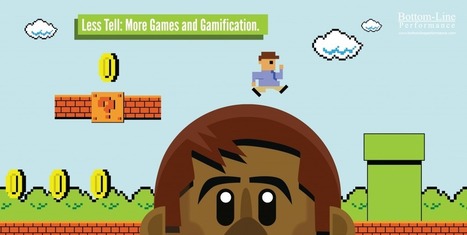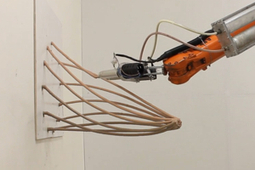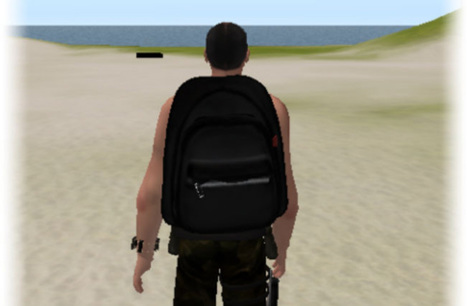By Steve Boller
"Lots people want to get started with game based learning, gamification and serious games in their training. We’ve been curating game related content for over a year and a half while conducting our own research and case studies. Here are 100 articles related to games and learning. Some of them are research-based, while others just offer an interesting perspective to spark discussion. Take what you need and share this with a colleague."



 Your new post is loading...
Your new post is loading...



































www.aanve.com
I have recently been working with organizations on how the introduction of gamification into their training and development strategy plans for employee skill development. The interesting thing as well is the application of the concepts to both hard and soft skills, that allow for returning to the results in the future as well as updating of skills as the individual progresses.
Ci sono moltissimi games finalizzati all'apprendimento, da quelli che stimolano la discussione, a quelli basati sulla ricerca.